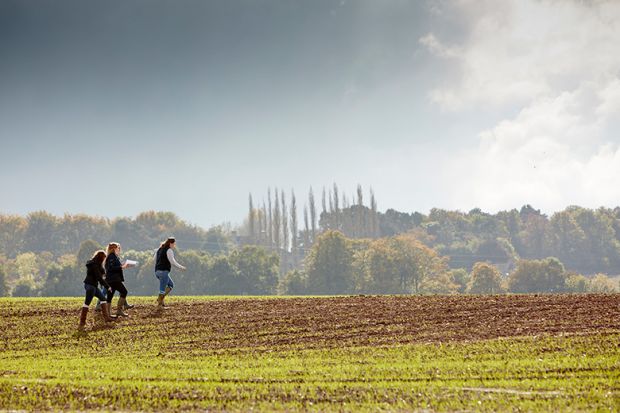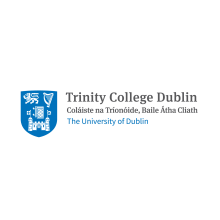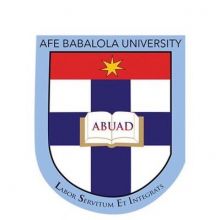
It doesn’t take long for visitors to Harper Adams University to notice the relaxed, down-to-earth vibe on campus. Whether it is the students’ union president padding around his office in bright red socks, the group of welly-clad young women taking a dog for a walk or seeing the warm and welcoming Amanda Price at the student services centre, it soon becomes clear that this is an institution apart.
For one thing, it’s a working farm situated in the middle of rural Shropshire, with a small campus and a student population of about 5,000.
More on the 2017 Student Experience Survey
Student Experience Survey 2017: the results
Student Experience Survey 2017: methodology
Student Experience Survey 2017: analysis of the 2017 results
Student Experience Survey 2017: hear from students at the top institutions
Student Experience Survey 2017: expectations are high for learning resources
Student Experience Survey 2017: Sheffield Union holds key to satisfaction
Student Experience Survey 2017: home comforts on campus
Many of its students take comfort from the university’s cosy, village feel. They like the fact that only students who genuinely want to learn come here – the courses on offer are too niche for those who want a degree for the sake of it.
Harper Adams has topped the Times Higher Education Student Experience Survey for the first time, after coming second last year on its debut outing. With a strong vocational focus, it is the UK’s leading university for the agriculture sector. Founded in 1901 by Thomas Harper Adams, a wealthy Shropshire farmer who left his estate for the purpose of teaching practical and theoretical agriculture, the institute gained university status in 2012.
“The campus is a living laboratory,” says vice-chancellor David Llewellyn, who explains that owing to the university’s commitment to the founder’s vision, Harper Adams is very much part of the fabric of the modern agri-food system.
A key aspect of Harper’s mission is to ensure that students have academic and vocational skills. Staff have strong industry links, and teaching includes a combination of lectures, tutorials and laboratory sessions, together with practical classes on the university farm. Every student must complete a placement year in industry and contact hours are high, with up to a third of study time spent in lectures, seminars or similar.
“Our students are often industry-ready when they come back from their sandwich degree year, but their final year is a real opportunity for them to share what they’ve learnt in industry,” says Llewellyn. As a result, job prospects are impressive, with an employment rate of 99.4 per cent. This is helped by industry demand: the UK food supply chain employs 3.7 million people. Harper graduates also enjoy healthy average starting salaries of up to £25,000.
Away from their studies, sport is a big part of Harper life. Nearly every student is either an active team member or fervently cheers on their peers from the sidelines every Wednesday afternoon. Afterwards, students descend on the union bar and club for what are known as “Legendary Wednesdays”.
These nights are infamous on campus, partly owing to students’ unbridled commitment to fancy dress, with many joking that they single-handedly keep the numerous local charity shops in business.
Grace Young, 23, from Stratford-upon-Avon is studying animal science and loves creating elaborate fancy-dress outfits for the socials.
“A few weeks ago, I dressed up as Professor Umbridge from Harry Potter and it took hours of planning. We go to the same charity shop every week and the lady in there asks us what the theme is this time,” she says.
The highlight of the social calendar is the Summer Ball – one of four held during the year. Running from 7pm to 7am, with multiple stages, including a VIP dinner for final-year students, funfair rides, a survivors’ photo at the end and big-name acts such as rapper Lethal Bizzle, it is a well-loved institution.
The campus is small but facilities are good. Students enjoy new lecture halls, some of which have enormous shutters on one wall for lecturers to bring in agricultural vehicles in front of the class as they talk about them. Many of the buildings are ecofriendly, with plants growing on their sides, while others have walls made of compacted straw.
First-years make up most of the 30 per cent of the student body who live on campus across 14 halls of residence. Student accommodation is comfortable, featuring beautiful views, and the rents are fair. Students live in privately owned accommodation for the second and final years of their degrees, in Newport, which is a short minibus ride away, while third-years often relocate for work placement years.
The campus is a work in progress, with building work ongoing. The university has invested £20 million over the past decade to provide specialist facilities for students, including a new 250-seat lecture theatre and a £2 million state-of-the-art dairy with 390 cows, and a computerised system for identifying them and recording milk yields.
The farm extends to more than 550 hectares and features a variety of livestock. Up to 24 hectares are devoted to staff and student research projects and trials.
Less academic but still vital to student life are the cafés dotted around the campus. It also has a shop similar to those you would find at any university – apart, that is, from the newspaper rack stocked with multiple copies of Farmers Weekly and Tractor and Machinery magazine.
Students refer to themselves as having “Harper spirit”, which translates as an ability to work hard, get on and support each other.
A key aspect of student support is the role of the wardens. These are appointed students who return to live on campus and help guide and look after the first-years. “There’s always one or two who get homesick. You can sense when someone is not 100 per cent happy,” says warden Kris Dummett, 22, who is studying for a master’s in agricultural engineering.
“A lot of the time you’ve got to leave it up to the person themselves but some of the time you are that bridge between student services and the student body, and people do come to you,” she says.
The students’ union president, Freddie Hammond, 22, epitomises the Harper Adams spirit. Standing in the campus pub in front of a 6ft painted Harper Adams crest, he says: “I didn’t apply for anywhere else. I was always fixed that I was going to Harper.
“I can’t speak highly enough of the place and my experience of it. I came here because of my family, the reputation, the expectation of the culture and what it means to be a Harper student, as well as a belief that it leaves you in good stead for the future. Even then I underestimated it.”
‘Best years of my life’
“It’s a cliché, but those were the best years of my life. The friends that you make [at university] are friends for life and I just wish I was younger and could go back,” says Tom Warner, a graduate of Harper Adams University who went on to co-found the award-winning gin distillery Warner Edwards.
Warner studied agri-food marketing at Harper Adams from 1997 to 2001, and stayed on for a further year after being elected students’ union president.
When deciding on his own career path, he was keen to keep a connection to his family’s long history of farming.
He chose to study at Harper because other people in his local community attended and he knew the institution would expose him to other, more unusual disciplines within the agricultural industry.
Warner says: “The great thing about Harper is the belief that anything is possible, positivity, comradery and all the students seem to have a can-do, ‘get-on-with-it’ attitude.”




















Have your say